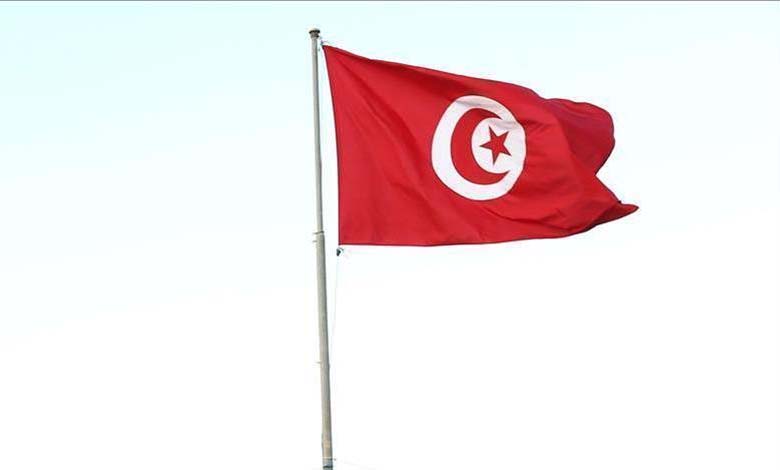Tunisian Elections – Head of the Commission Reveals Developments in the Voting Process

Farouk Bouaskar, Chairman of the Independent High Electoral Commission, revealed the progress of the voting process in the run-up to the legislative elections.
During a press conference at the Palais des Conferences in the Tunisian capital, Bouaskar said, “The start of the elections was sound and there were no problems.”
“All polling stations opened at 100% at 8 a.m. local time without any delay,” he said, adding that “all the requirements of the electoral process are present.”
Bouaskar called on Tunisians to “go to the polling stations and cast their votes”, confirming that all polling stations will remain open until 6 p.m. local time.
ISIE spokesperson Mohammed al-Tlili al-Mansari said that “50 violations were recorded during the election campaign, and on the day of electoral silence, six of them were referred to the public prosecution.”
Tunisian voters went to the polls on Sunday to elect members of the new parliament in the run-up to the legislative elections.
Some 7.8 million Tunisian voters are voting today, after the first round took place on December 17th, with a turnout of 11.22%.
A total of 262 candidates, including 34 women, are running for 131 seats, while 4,222 polling stations, out of a total of 10,012 polling stations, are in the run-off.
The centers will provide 40,594 aids (representatives of the IEC in polling stations), including 632 to monitor the campaign, 524 in the field, and 108 administrators. Six cells will be installed to monitor alerts and violations, and their mission will be 71 aides.
The new electoral law, which adopted individual ballots in place of lists, dealt a blow to the Brotherhood and opened the group’s door to exit from the political scene.
These elections are the latest step toward establishing the political project of Tunisian President Kais Saied to build a “new republic,” free from the Brotherhood and, most importantly, from the outside.
The dissolution of parliament, the judiciary, presidential decree legislation and a new constitution was preceded by a referendum held on July 25th.












